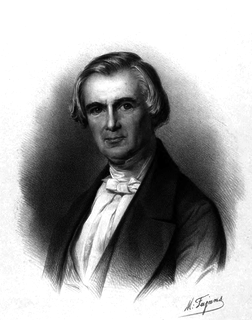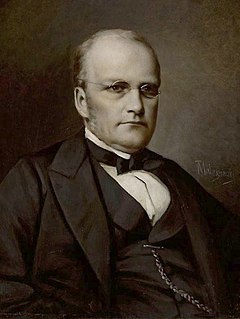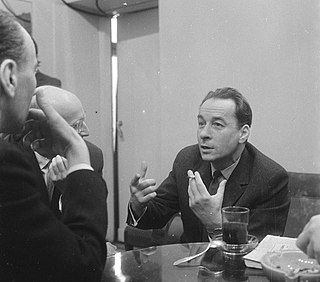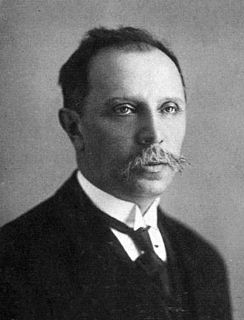String Quartet No. 1 in C Major Op. 37 is a composition for string quartet by Karol Szymanowski. It was the first of the two string quartets composed by Szymanowski. The work is from 1917 during his middle period. [1] [2] It is notable for its "polytonal" third movement, which contains four key signatures in its written four parts: the first violin with 3 sharps, the second violin with 6 sharps, the viola with 3 flats, and the cello with no flats or sharps. [3]

A string quartet is a musical ensemble consisting of four string players – two violin players, a viola player and a cellist – or a piece written to be performed by such a group. The string quartet is one of the most prominent chamber ensembles in classical music, with most major composers, from the mid 18th century onwards, writing string quartets.

Karol Maciej Szymanowski was a Polish composer and pianist, the most celebrated Polish composer of the early 20th century. He is considered a member of the late 19th-/early 20th-century modernist movement Young Poland and widely viewed as one of the greatest Polish composers.
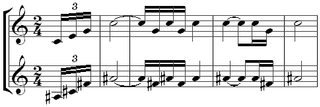
Polytonality is the musical use of more than one key simultaneously. Bitonality is the use of only two different keys at the same time. Polyvalence is the use of more than one harmonic function, from the same key, at the same time.
Contents
Dedicated to the French musicologist Henry Prunières, the work won the first prize in the Polish Ministry of Religious Denominations and Public Enlightenment's chamber music competition. Its first public performance was in Warsaw on 7 March 1924 played by the Warsaw Philharmonic Quartet. [3]
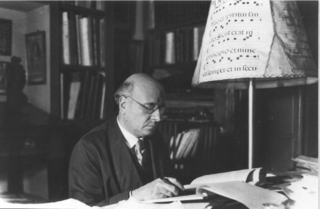
Henry Prunières was a French musicologist, and international proponent of contemporary art in various forms, including music, dance and painting. He occupies an important place in the art world between the wars, particularly with regard to music. His major contribution La Revue musicale, a monthly musical periodical which he founded in 1920 and left in 1939, is still a reference in the Western musical world.

